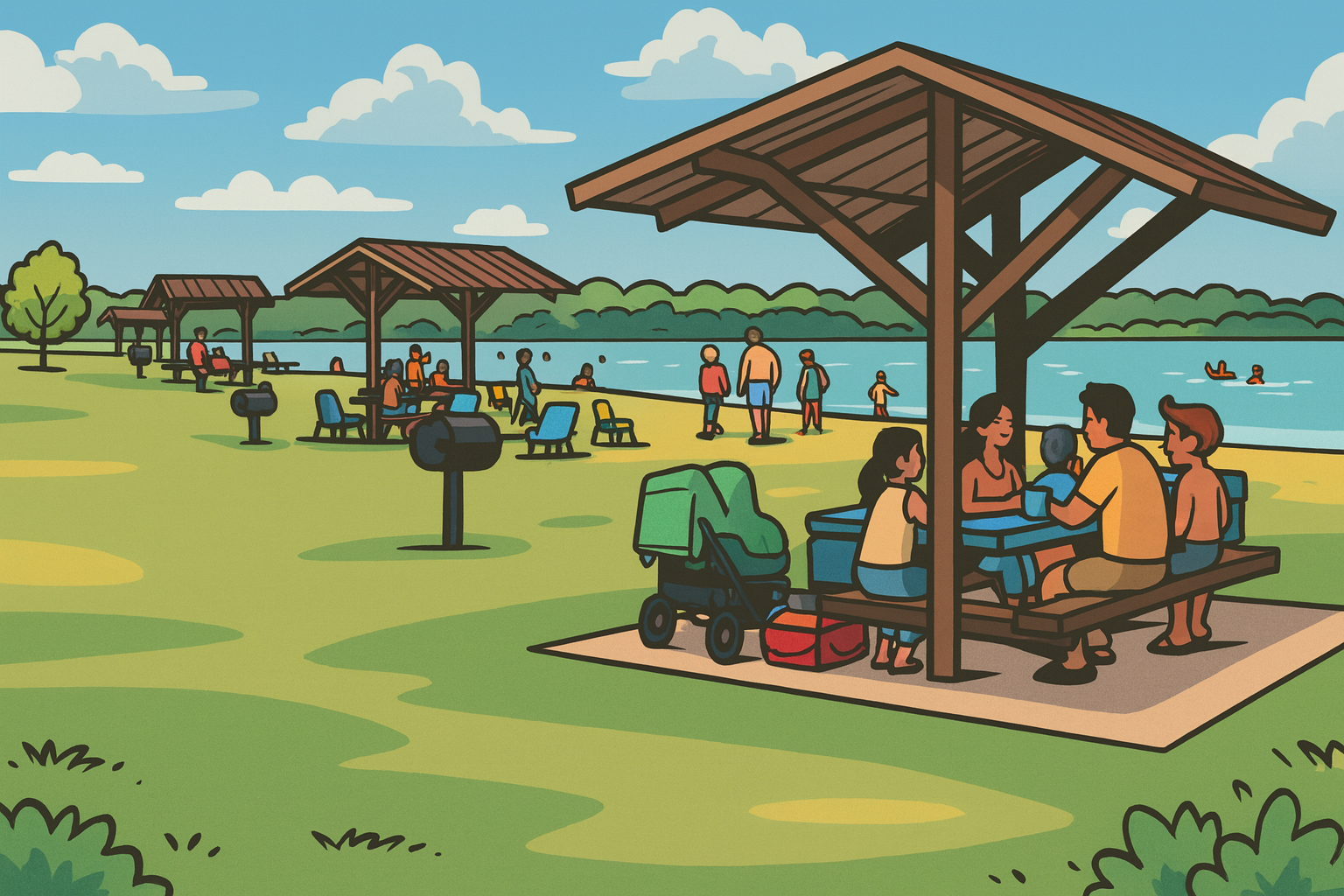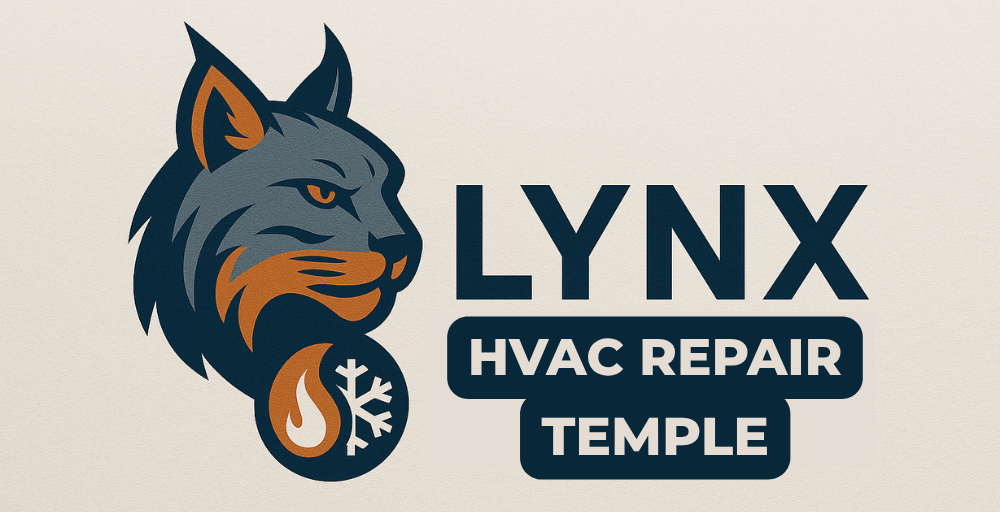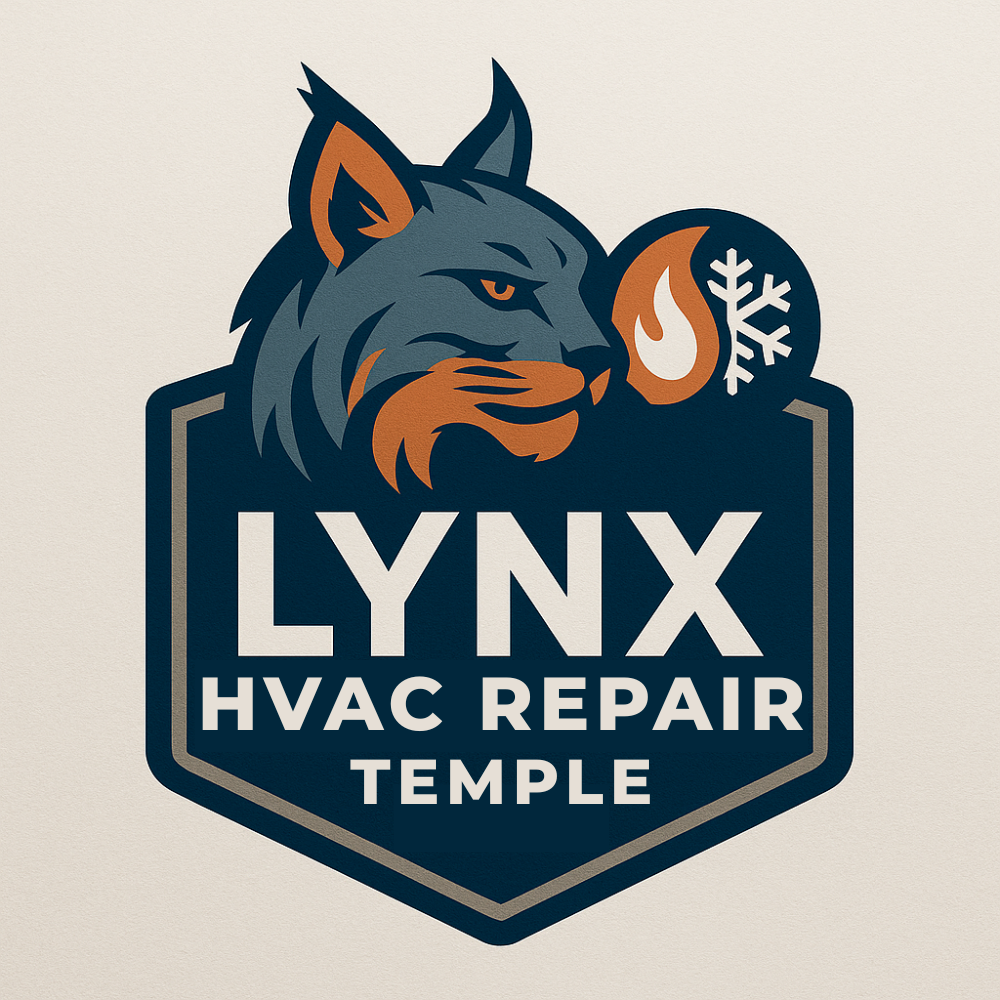AC Not Blowing Hot Air: Essential Troubleshooting Guide For Temple Homeowners
When your heating system fails to produce warm air during cold Temple winters, it can quickly turn your comfortable home into an uncomfortable space. A non-functioning heating system often stems from common issues like thermostat settings, dirty air filters, or electrical problems that can be identified and sometimes fixed without professional help.
Living in Temple, TX means dealing with temperature extremes throughout the year. Your HVAC system needs to transition smoothly between cooling and heating modes to maintain indoor comfort. Many homeowners face heating issues due to improper maintenance or system malfunctions that prevent warm air from circulating.
Regular maintenance and quick identification of heating problems can save you money and prevent complete system failures. Simple checks of your thermostat settings, air filters, and circuit breakers can often restore proper heating function before more serious issues develop.
Key Takeaways
- Check thermostat settings and air filters before calling for professional help
- Electrical issues and tripped circuit breakers commonly cause heating failures
- Regular HVAC maintenance prevents most heating system problems
Why Is My AC Not Blowing Hot Air?
When your AC fails to produce warm air during cold weather, it leaves your home uncomfortably chilly. Several common issues can prevent proper heating, from simple fixes to more complex mechanical problems.
Incorrect Thermostat Settings
Check your thermostat display to confirm it's set to "Heat" mode rather than "Cool" or "Off." The temperature setting should be 2-3 degrees above the current room temperature to trigger heating.
Digital thermostats need working batteries to function properly. Replace them if the display appears dim or inconsistent.
Verify your programmed schedule hasn't accidentally switched to cooling mode. Many modern thermostats have different settings for different times of day.
Dirty Air Filter Impact
A clogged air filter restricts airflow through your heating system, reducing its ability to warm your home effectively. Inspect your filter monthly and replace it every 60-90 days.
Signs of a dirty filter include:
- Weak airflow from vents
- Uneven heating across rooms
- System running longer than usual
- Higher energy bills
Filter replacement costs $10-30 but saves significant money by preventing system strain and maintaining efficiency.
Blocked or Leaky Ductwork
Damaged or disconnected ducts let heated air escape into unused spaces like attics or crawl spaces. Look for visible gaps, holes, or separated connections in accessible ductwork.
Common duct problems include:
- Crushed or kinked flexible ducts
- Loose connections at vents
- Holes from pest damage
- Collapsed insulation
Professional duct sealing can improve heating efficiency by 20% or more.
Malfunctioning Heat Pump or Heating Element
Heat pumps need regular maintenance to operate efficiently. Check the outdoor unit for ice buildup, which indicates a possible refrigerant leak or defrost cycle issue.
A failing heating element in electric systems often trips the circuit breaker. Reset the breaker once - if it trips again, call a professional.
The reversing valve in heat pumps can stick or fail, preventing the switch from cooling to heating mode. This requires professional diagnosis and repair.
Troubleshooting Steps for Temple, TX Homeowners
Texas winters demand reliable heating from your AC system. These practical steps will help restore warm air flow and maintain optimal indoor comfort during cold weather.
Checking Thermostat Configuration
Set your thermostat to "Heat" mode and ensure the temperature setting is at least 3 degrees above the current room temperature to trigger heating.
Verify that your fan setting is on "Auto" rather than "On" to prevent continuous cold air circulation between heating cycles.
Replace weak batteries if your thermostat display is dim or blank. Fresh batteries ensure proper communication between your thermostat and heating system.
Test your settings by raising the temperature 5 degrees. Listen for your system to activate within 1-2 minutes.
Inspecting Air Filters and Vents
Check air filters monthly and replace them every 60-90 days. A clogged filter restricts airflow and prevents warm air from circulating properly.
Open all supply vents and ensure furniture, drapes, or rugs aren't blocking airflow. Blocked vents create pressure imbalances that reduce heating efficiency.
Clean visible dust and debris from vent covers using a vacuum attachment or damp cloth.
Look for signs of debris accumulation near return air grilles, which can significantly impact system performance.
Identifying Common Ductwork Problems
Examine accessible ductwork in attics and crawl spaces for visible tears, gaps, or disconnected sections. These issues let warm air escape before reaching your living spaces.
Listen for whistling sounds near ductwork joints, which often indicate air leaks requiring professional sealing.
Feel for cold spots along duct runs during system operation. Temperature variations may signal insulation problems or air leaks.
Schedule professional duct inspection if you notice uneven heating between rooms or significantly higher energy bills than previous winters.

When to Call an HVAC Technician
Professional HVAC service becomes essential when your heating system shows persistent issues or complex problems that require specialized knowledge and tools. A qualified technician can diagnose and repair problems safely while preventing further damage to your system.
Recognizing Problems Beyond DIY Fixes
Strange noises like grinding, squealing, or banging from your HVAC unit signal the need for professional attention. These sounds often indicate mechanical issues that could worsen without proper repairs.
Frequent cycling on and off, known as short cycling, requires expert diagnosis as it may stem from electrical problems or system overheating.
If your energy bills spike unexpectedly despite normal usage patterns, an HVAC technician can identify efficiency issues and system malfunctions.
Warning signs requiring immediate professional help:
- Burning smells or electrical odors
- Complete loss of heating
- Visible water leaks around the unit
- Circuit breakers that trip repeatedly
Benefits of Professional HVAC Assessment
Licensed technicians use specialized diagnostic tools to pinpoint exact problems, preventing costly misdiagnosis. Their expertise helps extend system lifespan through proper repairs.
Professional repairs come with warranties and guarantees, protecting your investment. Technicians also identify potential future issues during their assessment.
Regular professional maintenance can:
- Reduce emergency repair costs
- Improve system efficiency
- Maintain manufacturer warranties
- Ensure safe operation
Choosing a Local HVAC Expert in Temple, TX
Look for HVAC companies with NATE certification and positive local reviews in the Temple area. Check their response times and emergency service availability.
Key qualities to consider:
- Licensed and insured technicians
- Experience with your specific system type
- Clear pricing structures
- 24/7 emergency availability
Ask about maintenance plans and regular service options. Local companies often provide faster response times and better understand Temple's specific climate challenges.
Preventative Tips to Avoid Heating Issues
Regular maintenance and proper system management help prevent most common heating problems before they start. Following proven preventative practices saves money and reduces the likelihood of unexpected breakdowns.
Seasonal HVAC Maintenance Recommendations
Clean or replace air filters every 30-60 days to maintain proper airflow. Dirty filters restrict heat transfer and strain system components.
Schedule professional inspections each fall before the heating season begins. A qualified HVAC technician will clean components, check electrical connections, and calibrate the system.
Clear debris from outdoor units and maintain at least 2 feet of clearance around them. This ensures proper airflow and prevents damage to external components.
Key maintenance tasks include:
- Cleaning vents and ductwork
- Lubricating moving parts
- Testing safety controls
- Checking refrigerant levels
- Inspecting heat exchangers
Optimizing Thermostat Settings Year-Round
Program temperature setbacks for times when you're asleep or away. A smart thermostat can save 10-15% on heating costs through automated scheduling.
Set daytime temperatures to 68-70°F during winter. Each degree lower saves approximately 2% on heating bills.
Check thermostat battery levels twice yearly. Dead batteries can cause system failure even when the heating unit is working properly.
Place thermostats away from drafts, sunlight, and heat sources for accurate readings. Poor placement leads to incorrect temperature detection and system inefficiency.
Prolonging System Lifespan with Regular Service
Keep detailed maintenance records including filter changes, repairs, and annual inspections. This helps identify patterns and predict potential issues.
Replace aging components before they fail completely. Most major parts show signs of wear that professional technicians can detect early.
Install a whole-home air filtration system to reduce strain on heating components. Better air quality means less buildup on critical parts.
Sign up for preventative maintenance agreements with local HVAC companies. Regular professional care typically extends system life by 3-5 years.
You might also like




